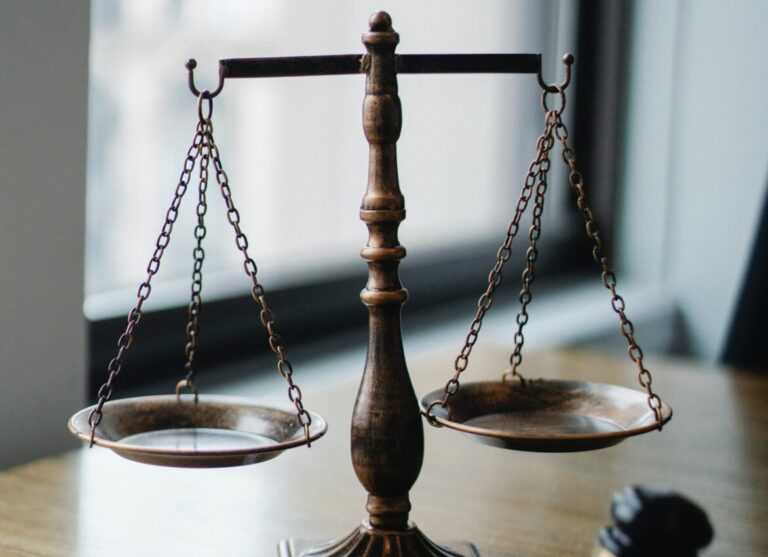
October 4, 2023
Starting and running a business can be a rewarding endeavor, but it also comes with its share of risks. One of these risks is the potential for creditors or legal adversaries to “pierce the corporate veil” and hold business owners personally liable for the company’s debts or legal obligations. Piercing the corporate veil is a legal concept that can have serious financial consequences for business owners, making it essential to take steps to protect your personal assets. In this article, we’ll explore what piercing the corporate veil means, why it happens, and seven effective strategies that business owners can use to prevent it.
What Does it Mean to Pierce the Corporate Veil?
Piercing the corporate veil refers to a legal doctrine that allows creditors or litigants to reach beyond the protection of a business entity (like a corporation or limited liability company) and hold the individual owners personally liable for the company’s debts or legal liabilities. This typically happens when a court determines that the business entity is being misused or abused, and its separate identity from the owners is no longer valid.
Why Does Piercing the Corporate Veil Happen?
Piercing the corporate veil occurs for various reasons, but some common factors include:
- Undercapitalization: If a business is not adequately funded and cannot meet its financial obligations, a court may decide that it lacks a true separate existence from its owners.
- Failure to Follow Corporate Formalities: Failing to maintain proper records, hold meetings, or observe corporate formalities can blur the line between the business and its owners.
- Commingling of Funds: Mixing personal and business finances or using business assets for personal purposes can erode the separation between an individual and their business.
- Fraud or Unlawful Activity: Engaging in fraudulent or illegal activities through the business can make it easier for a court to pierce the corporate veil.
7 Strategies to Prevent Piercing the Corporate Veil:
1. Adequate Capitalization:
Ensure that your business is adequately capitalized to meet its financial obligations. Avoid undercapitalization, which can make it seem like the business is merely an extension of your personal finances.
2. Separate Finances:
Maintain clear separation between personal and business finances. Use separate bank accounts, credit cards, and financial records for your business activities.
3. Corporate Formalities:
Adhere to all corporate formalities required by law, such as holding annual meetings, documenting important decisions, and maintaining accurate corporate records.
4. Contracts and Agreements:
Always use written contracts and agreements when dealing with customers, suppliers, employees, and partners. Clearly define the roles and responsibilities of all parties involved.
5. Insurance Coverage:
Consider obtaining adequate business insurance, including liability coverage. This can help protect your personal assets in case of lawsuits or unforeseen events.
6. Seek Legal Counsel:
Consult with an attorney who specializes in business law to ensure that you are following best practices and staying compliant with all legal requirements.
7. Ethical Business Practices:
Conduct your business with integrity and avoid fraudulent or unethical activities. Engaging in unlawful practices can increase the risk of piercing the corporate veil.
Preventing the piercing of the corporate veil is crucial for protecting your personal assets as a business owner. By following these strategies and maintaining a clear separation between your business and personal affairs, you can reduce the likelihood of personal liability in case of legal disputes or financial difficulties. Always consult with legal professionals to ensure you are in full compliance with the law and taking the necessary steps to safeguard your business’s integrity and your personal wealth.
Learn more about “What Does it Mean to Pierce the Corporate Veil?”
Explore how our financial solutions can help you secure your financial future.
